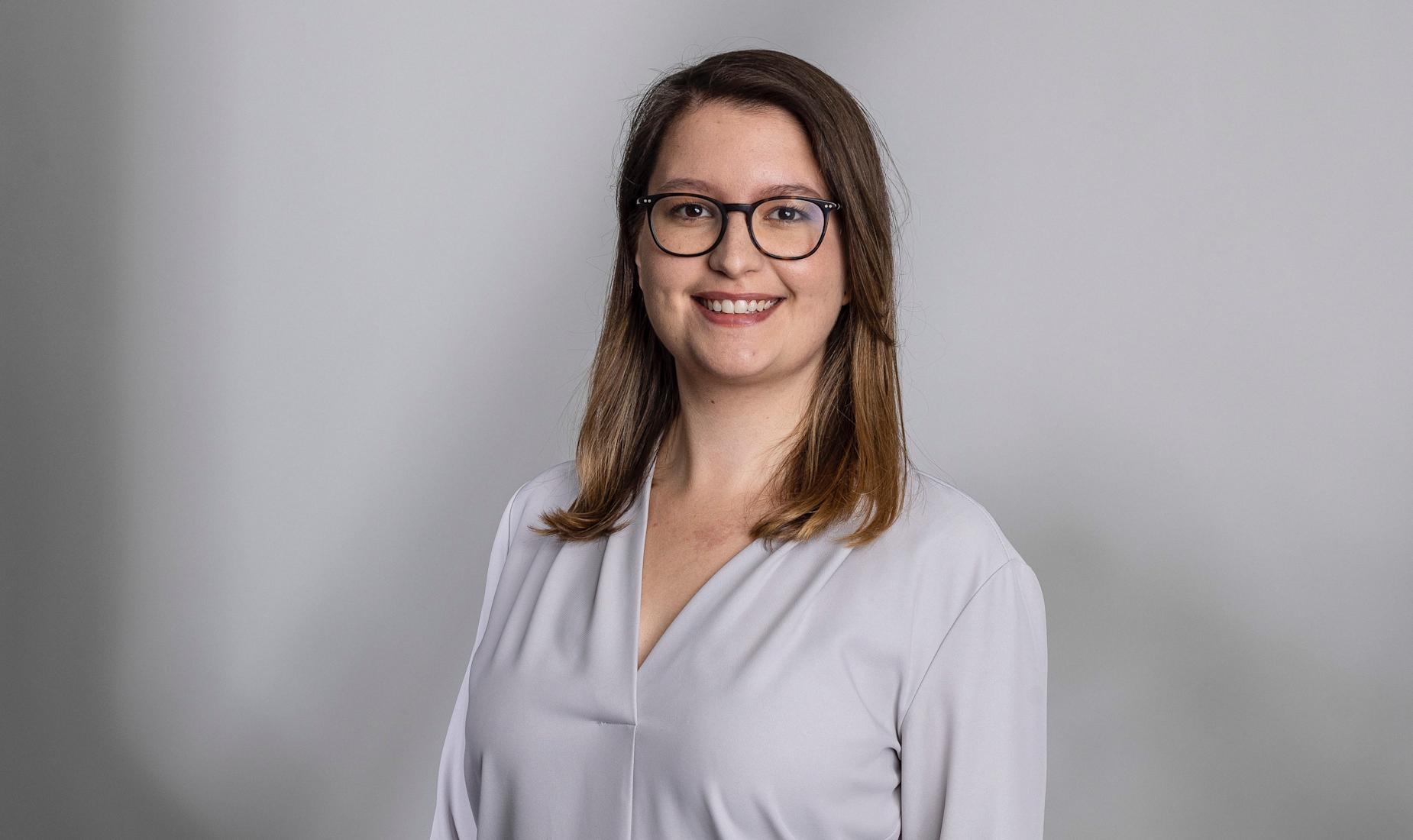Interview: How the business KYC is driving Solarisbank's international expansion
4 minute read


With more demanding customers and growing competition in the mobile banking market, the field of customer onboarding in the B2C realm has seen considerable advances lately. In the B2B space, however, higher technical and regulatory complexity has deterred many incumbents from making serious efforts in digitizing the first customer touchpoint.
We sat down with Delia König, Managing Director of the Identity Unit at Solarisbank, to find out how she and her team have addressed this issue and turned the Business KYC to one of the key growth driver at Solarisbank.
Delia, can you explain what exactly the BizKYC™ is used for and how it works?
We originally developed our Business KYC service, BizKYC™, as a solution for our business banking and SME lending partners. When opening a bank account for a business customer or issuing an SME loan, the data of the entity holding the account as well as the the identity of the business’ legal representatives needs to be verified.
BizKYC™ enables Solarisbank’s partners to perform an automated Know-Your-Customer procedure on their business customers in compliance with European Anti-Money Laundering regulations. This way, our partners are able to offer a fully digital and paperless customer experience under their own brand. By integrating multiple providers on our platform, we provide a comprehensive solution that allows account opening within 48 hours max and without additional effort for our partners.
Our digital banking partner Penta for example, who offers a banking application and Visa debit cards to their SME customers, has already onboarded thousands of businesses with the BizKYC™. The BizKYC™ is integrated via API directly into Penta’s customer facing frontend, thereby creating a digital experience end-to-end that can be completed anytime and anywhere.
Who can use the BizKYC™?
With pressure on traditional banks to keep up with the likes of Penta, we saw a growing demand from banks to integrate our BizKYC™ as a standalone service. With the arrival of PSD2, players providing payment initiation and account information services that had previously been exempt from AML (Anti-Money Laundering) requirements, had become obliged entities required to KYC their customers. In this new market starved for innovative, digital identification services, we came to realize that our API-based BizKYC™ could service a much broader range of use-cases than it had originally been created for.
How has this strategy played out?
Our BizKYC™ has since developed into a key growth driver of Solarisbank. Our partnership with Germany’s largest online retailer, Otto, which was announced in the spring of 2020, is a testament to the relevance our solution now holds in the market.
But we are not stopping here. With wind in our sails from our series C funding round, we are now starting to execute on our geographic expansion strategy, which aims to establish Solarisbank as a pan-European platform. We are kicking off this internationalization with the reveal of our latest BizKYC™ partner – BP, the multinational oil and energy giant that ranks as the world’s seventh largest company by revenue.
What is the nature of the BizKYC™ partnership with BP?
Via its wholly owned subsidiary B2Mobility, BP offers a white-label fuel card program that enables businesses to offer branded fuel cards to their employees with over twenty thousand acceptance points in over 30 countries. For their business customers, B2Mobility and BP manage millions of fuel cards and gift cards with a staggering 90 million payment transactions per year.
As an obliged entity, B2Mobility is now required to KYC their existing Europe-wide customer base of round about 150,000 businesses, as well as an expected 50.000 newly onboarded businesses every year. At this magnitude, BP requires a digital identification process that can scale internationally seamlessly.
To enable this expansion, we gave our BizKYC™ a few feature upgrades, allowing us to identify businesses not just in Germany, but soon also in Austria, the Benelux region, Spain, Poland, Switzerland, France and the UK.
What exactly are these features?
B2Mobility will be our first partner to use the autoident feature. Integrated via our third-party provider IDnow, autoident presents an attractive alternative to the video-identification when identifying legal representatives. Instead of having to wait for a call agent to be available to guide the user through the identification via a video call, the AI powered autoident verifies the user’s documents via an automated video call. This lean and scalable way of onboarding allows an indefinite amount of identifications to be processed simultaneously, as it doesn’t require an interaction with a call agent on the other end of the line.
Further, through our third-party provider kompany, with whom we are already successfully working together in Germany, we get an API access to the required company data the business needs to provide for the identification, allowing us to automatically pre-fill the onboarding forms for the customer and download required documents from commercial registries throughout Europe.
What is the key result for B2Mobility from this partnership?
To me, the integration of kompany and IDnow with the BizKYC™ API perfectly exemplifies the advantages of our platform approach. On the one hand, this saves B2Mobility’s business customers from having to undergo an in-person, manual identification process. On the other hand, B2Mobility can avoid the complex task and additional cost of integrating multiple providers. Instead, B2Mobility receives all the services they require for a compliant and scalable onboarding process while simultaneously retaining the full ownership over the entire customer relationship and journey.